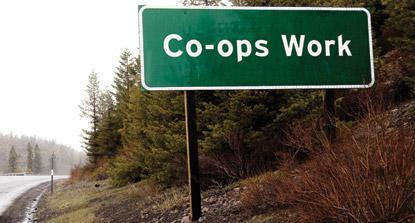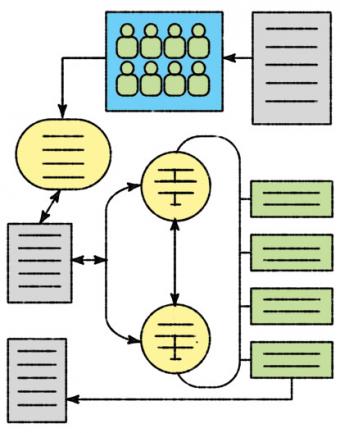Servant Leadership and Cooperation
By Joel Kopischke 167 July-August 2013 “SERVANT AND LEADER. Can these two roles be fused in one real person, in all levels of status or calling? If so, can that person live and be productive in the real world of the present? My sense of the present leads me to say yes to both questions.” – Robert Greenleaf, in his revised edition of “The [...]




